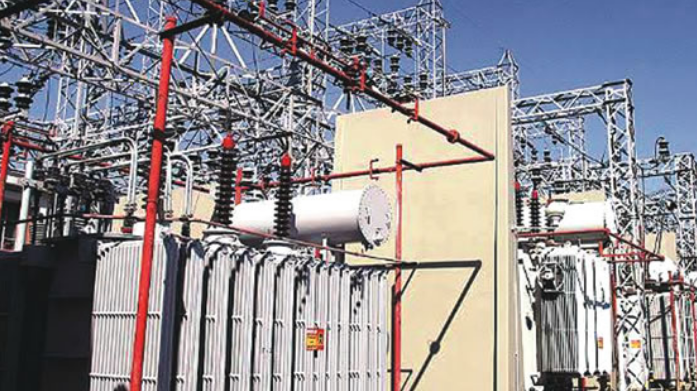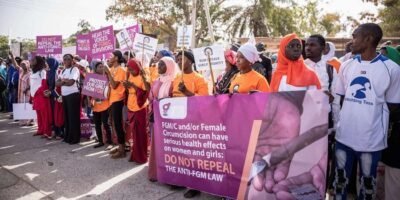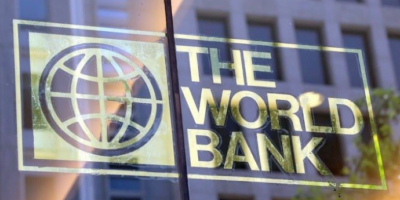Togo, Niger, Benin Owe Nigeria N30bn For Electricity

The Nigerian Electricity Regulatory Commission has reported that the Republics of Benin, Niger and Togo owe Nigeria a total of N29.97bn for the electricity supplied to them between January and September 2019.
Nigeria, via its electricity transmission company, supplies power to these countries, which are grouped as Nigerian power sector’s international customers.
Niger’s power firm, Societe Nigerienne d’electricite, failed to pay a total invoice of N3.01bn it received in the first quarter of 2019; N3.69bn in Q2; and N4.1bn in Q3.
Communaute Electrique du Benin, a power company owned jointly by Benin and Togo, did not pay N9.74bn for the electricity supplied to it in Q1 (First Quarter); N7.16bn in Q2 (Second Quarter); and N2.27bn in Q3 (Third Quarter).
NERC said in its latest quarterly report made available on Friday, March 13th, 2020 that the international customers made no payment for the total outstanding debt in Q3 (Third Quarter).
The Nigerian government has continued to engage the governments of neighbouring countries benefitting from the export supply to ensure timely payments for the electricity purchased from Nigeria,
it said.
The regulator said the financial viability and commercial performance of the Nigerian electricity supply industry had continued to be a major hurdle.
According to the report, a total invoice of N179.66bn was issued to the power distribution companies for energy received from the Nigerian Bulk Electricity Trading Plc and for service charge by the Market Operator in Q3, but only a sum of N58.81bn was settled.
The government-owned NBET buys electricity in bulk from generation companies through Power Purchase Agreements and sells through vesting contracts to the Discos, which then supply it to the consumers, while the MO is an arm of the Transmission Company of Nigeria.
NERC said,
Although the Discos fully met the minimum remittance for MO, the average aggregate remittance performance to NBET was 32.73 per cent, with performance level ranging from 19.43 per cent (Jos) to 50.03 per cent (Eko).
This is slightly lower than the minimum remittance threshold prescribed in the orders on minimum remittance issued to all Discos in July 2019 with Enugu and Ikeja failing to meet their remittance obligation during the period.
The regulator added that following the commencement of enforcement of the minimum remittance order, all Discos had since fully complied with their respective minimum remittance thresholds.
Notwithstanding the slight progress recorded in the third quarter of 2019, the financial viability of the Nigerian electricity supply industry is still a major challenge threatening its sustainability,
it added.
Last month, the West African Gas Pipeline Company Limited said it was resuming its supply of natural gas from Nigeria to its customers in Republic of Benin, Togo and Ghana.
WAPCo made this this revelation while announcing the successful completion of the cleaning and inspection of its 20″ offshore pipeline from Badagry in Nigeria to Takoradi in Ghana.
WAPCo is the operator of the West African Gas Pipeline, which was built to supply natural gas from Nigeria to customers in Republics of Benin, Togo and Ghana.

Justin Nwosu is the founder and publisher of Flavision. His core interest is in writing unbiased news about Nigeria in particular and Africa in general. He’s a strong adherent of investigative journalism, with a bent on exposing corruption, abuse of power and societal ills.













